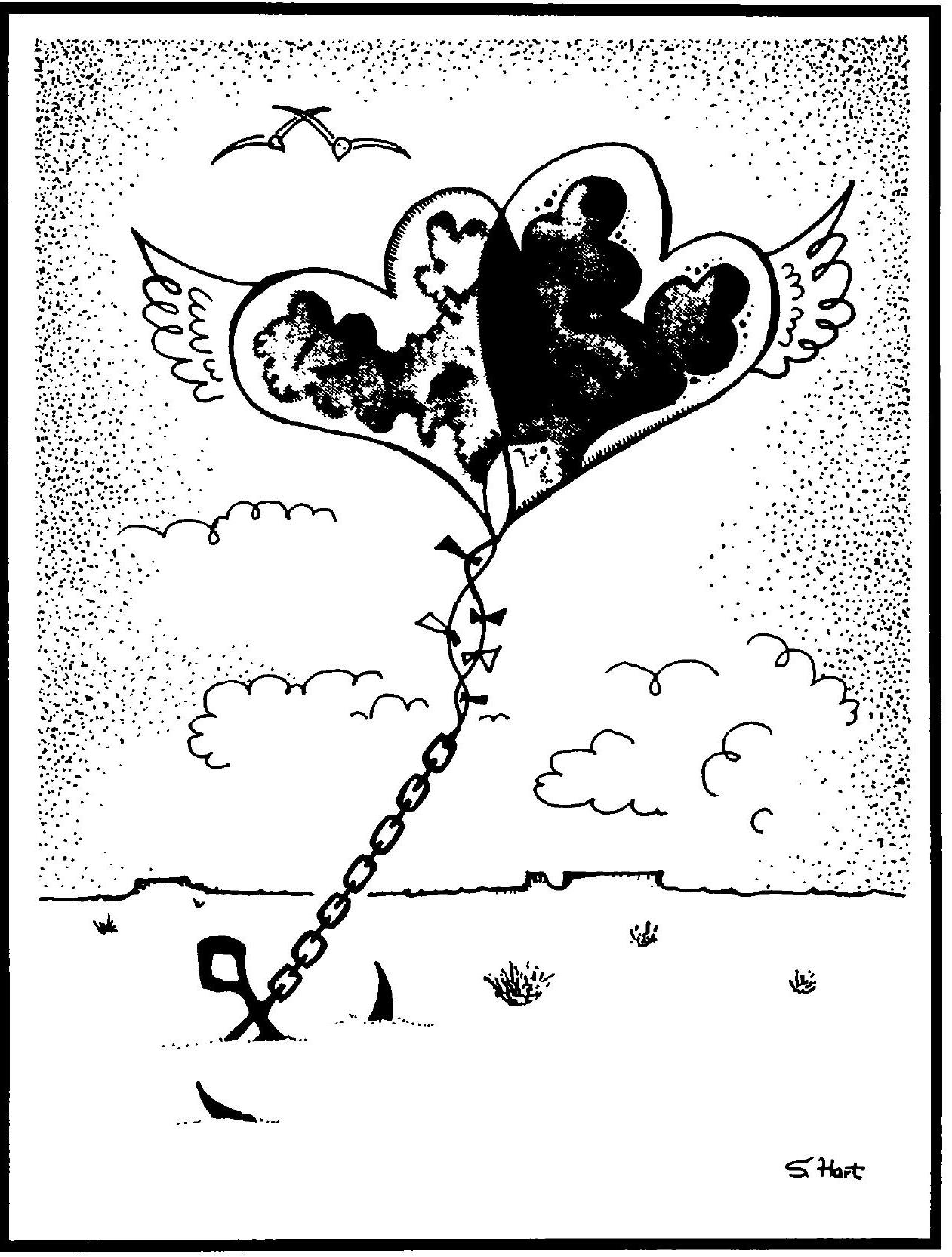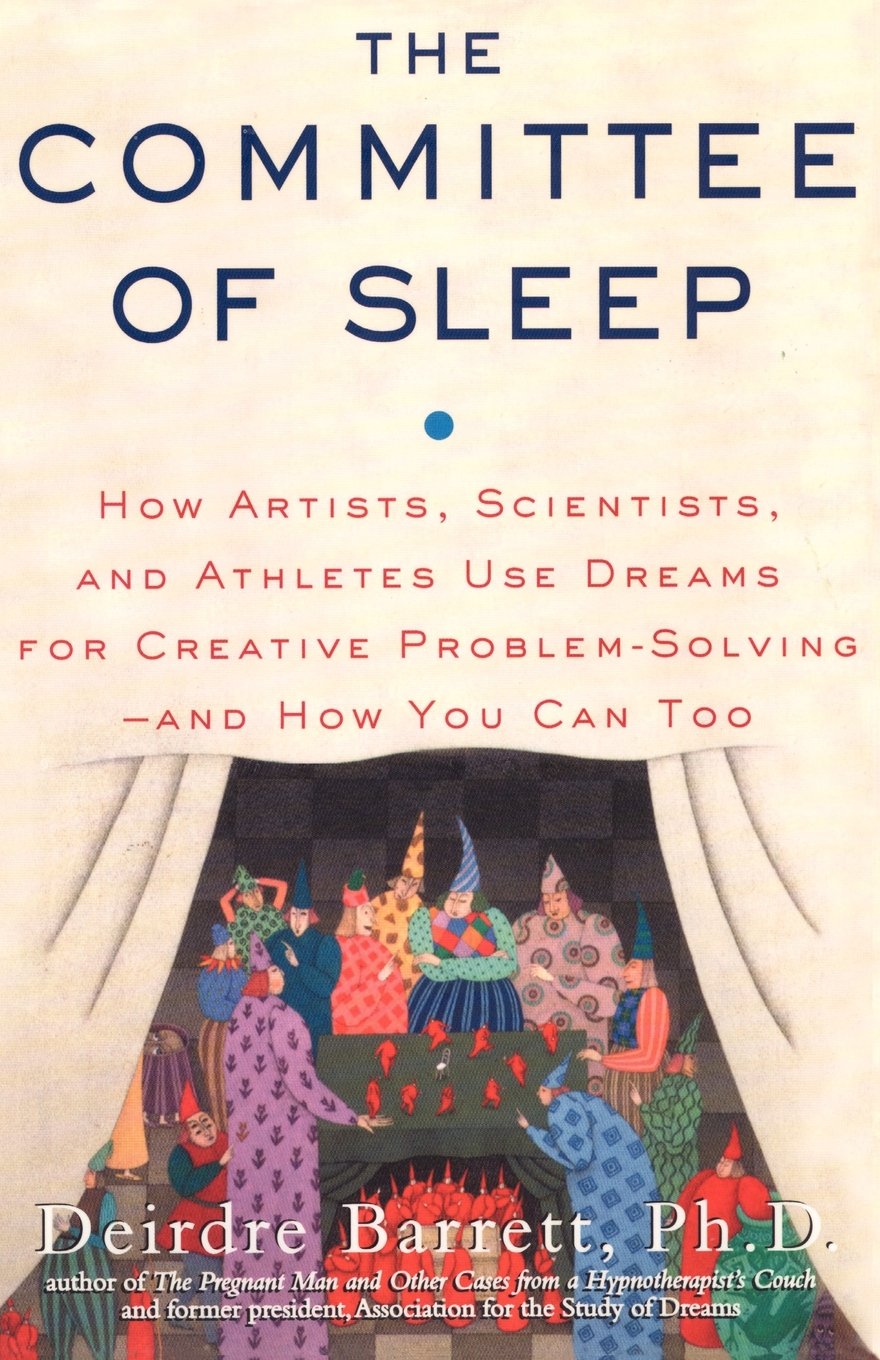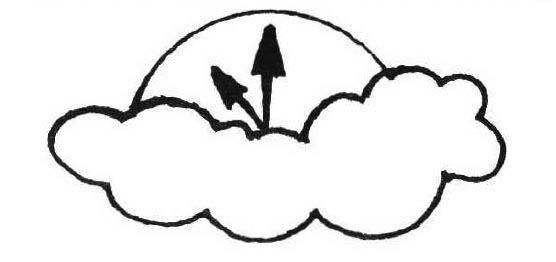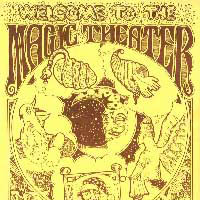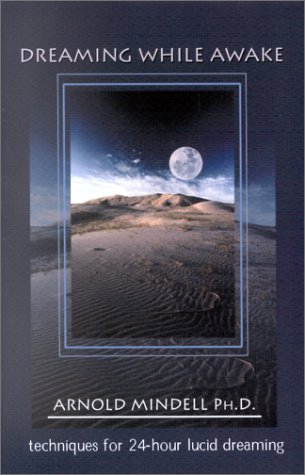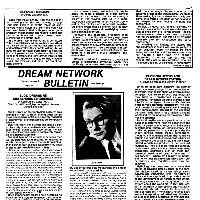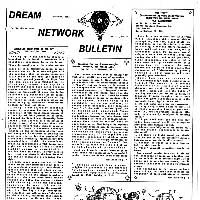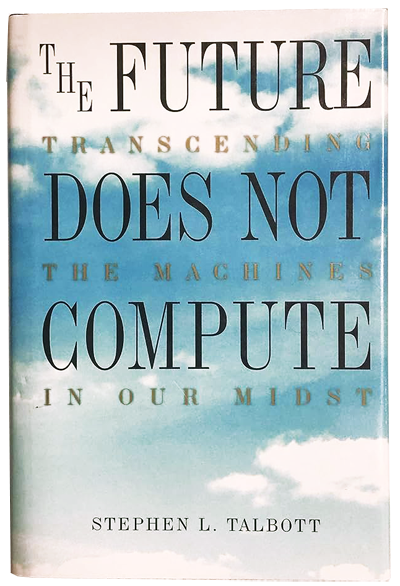
These days we can hear the praises of computers and the Internet all around us, with the implication that they are ushering us toward a new "golden age." And yet a few will protest that computers may be destroying everything worthwhile in our culture. But almost no one tells us what this author shows in this surprising book: the intelligent machine gathers its menacing powers from the hidden places within you and me. It does so, that is, as long as we gaze into our screens and tap on our keyboards while less than fully conscious of the subtle influences that pass through the interface. It is the depth of such perceptions and challenging questions that will make this book of interest to readers of this journal.
Our loose community of dream explorers have at times been caught in the computer euphoria all around us. I have heard it exclaimed that the Internet would at last activate the collective unconscious, and read in numerous books how the working of dreams could be described with computer metaphors. It is hardly surprising that members of our community would get caught up in the popular mythologies. In the glare of media hype, do we forget that the collective unconscious was activated long before the first computer, or that computers may never do anything as complex and profound as the mind does while dreaming? What with computer companies exclaiming that, "If you can dream it, you can do it," as long as you put their software onto a computer. What's behind the hype, in the shadow?
In this book, Talbott asks fresh questions. Do we really want a Global Village as villagers in the former Yugoslavia kill one another? Is the frantic urge to put school children on the Internet help or hinder their learning abilities? Does reality have a future? Does the information society actually disdain information? Are we opening the way to a more humane world, or are we mechanizing our communities? Can we expect flame wars, new viruses, pornographic commerce and Net psychoses to grow in an increasingly surreal future? These tough questions about how we raise our children, what kind of communities we want and how we treat our inner selves will challenge readers, whether for or against computers.
For those who learn from dreams, the psychological insights in this book will be striking. "Even in our own dreams, we cannot clearly distinguish self from world. The elements of the dream scenario tend to represent, in one way or another, aspects of ourselves; our inner life is spread around, displayed outwardly. Everything is suffused with our own consciousness. And in this union with the world lies cradled a deep wisdom. By attending to my dreams, I may recognize an inner need long before my intellect fully awakens to it."
"Ancient man, while dreaming, was at least dreaming of the powers enlivening the world. We, on the other hand, have gained our acute, materially effective consciousness only at the cost of losing altogether our awareness of the life within thing. That life has retreated into unconsciousness.
"What we embedded in the computer is the inert and empty shadow, or abstract reflection, of the past operation of our own intelligence. Machines bearing our reflections are a powerful invitation for psychological projection. Such projection requires a translation from inner to outer, from interior awareness to exterior activity. Psychologists tell us that the outward projection of inner contents typically signifies an alienation from those contents. It also provokes an unconscious, misguided, and potentially dangerous effort to recover out there what actually has been lost in here."
In other words, what are we unconsciously projecting onto computers and the Internet? And how can we become more conscious and withdraw those projections, much as we would in working with a dream? Can we do this in our personal lives? Can we do this collectively, as a culture in the grip of strong mythological currents and massive projections? How do these mythological currents and mass projections affect our vision of the future? Are the divergent visions of the Y2K crisis simply about which computers will understand a correct four-digit year? Or are there much larger mythological issues woven unconsciously into our hopes and fears of what will happen with the millennium shift?
This book is a paradox in motion. Published by a major computer book publisher and Internet pioneer, the author admits: "This book is not full of solutions. In fact, it is itself a symptom." The author continues to struggle with what it means to live consciously with the technology in our midst. And yet, just as a troubling dream can offer healthy new possibilities, I think this one is worth our attention. For more information, visit Netfuture online at: http://ifla.inist.fr/VI/5/nf/index.html They offer a free E-Zine and Meditations for the Computer Entranced.


